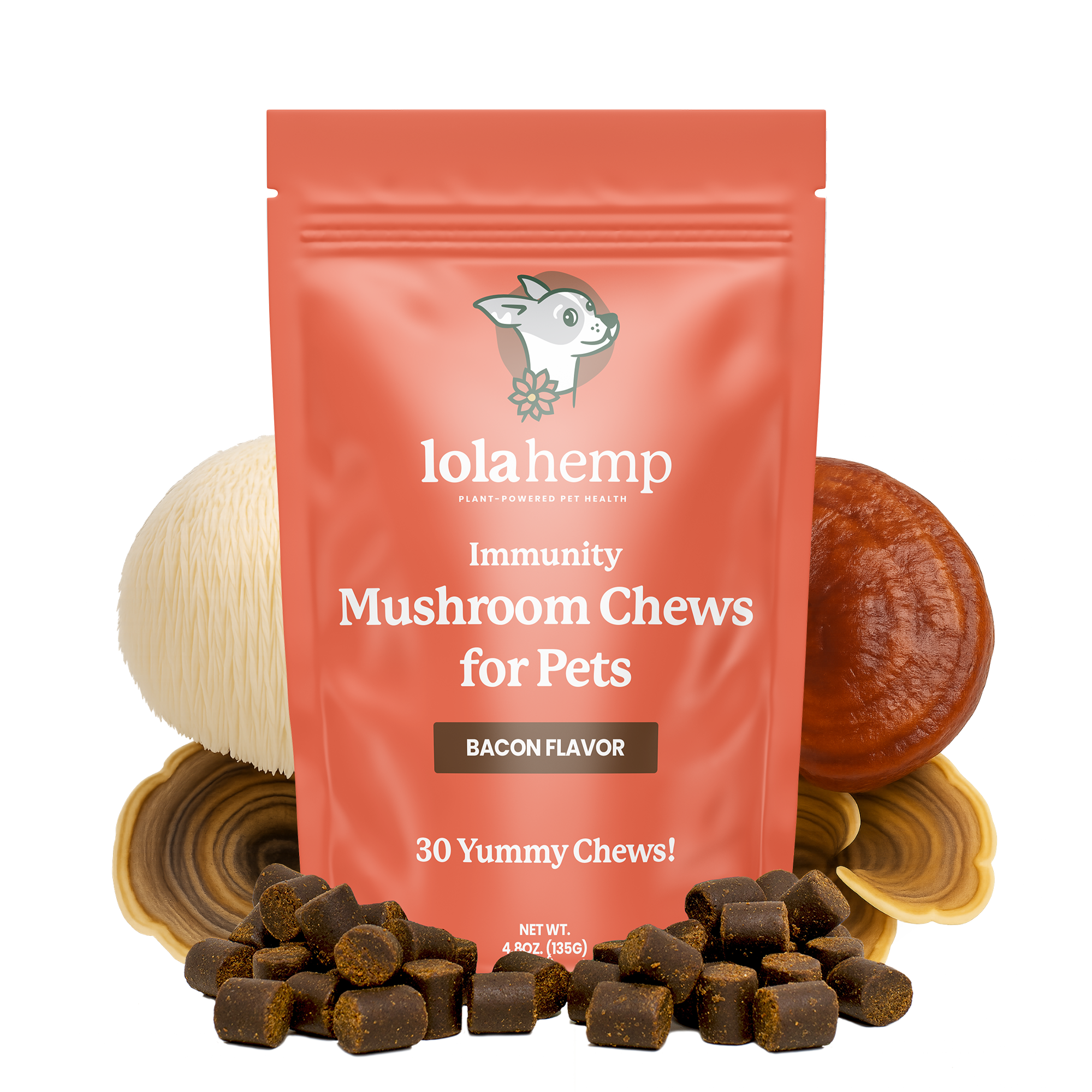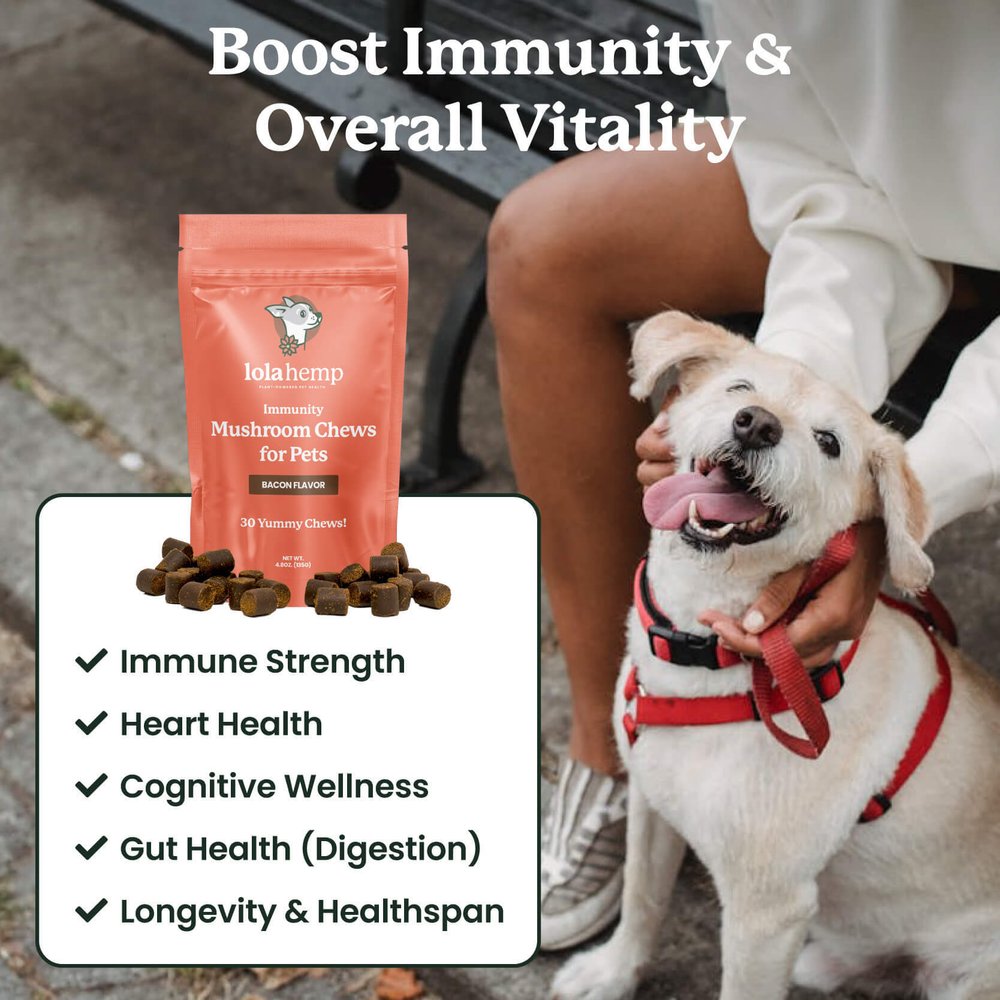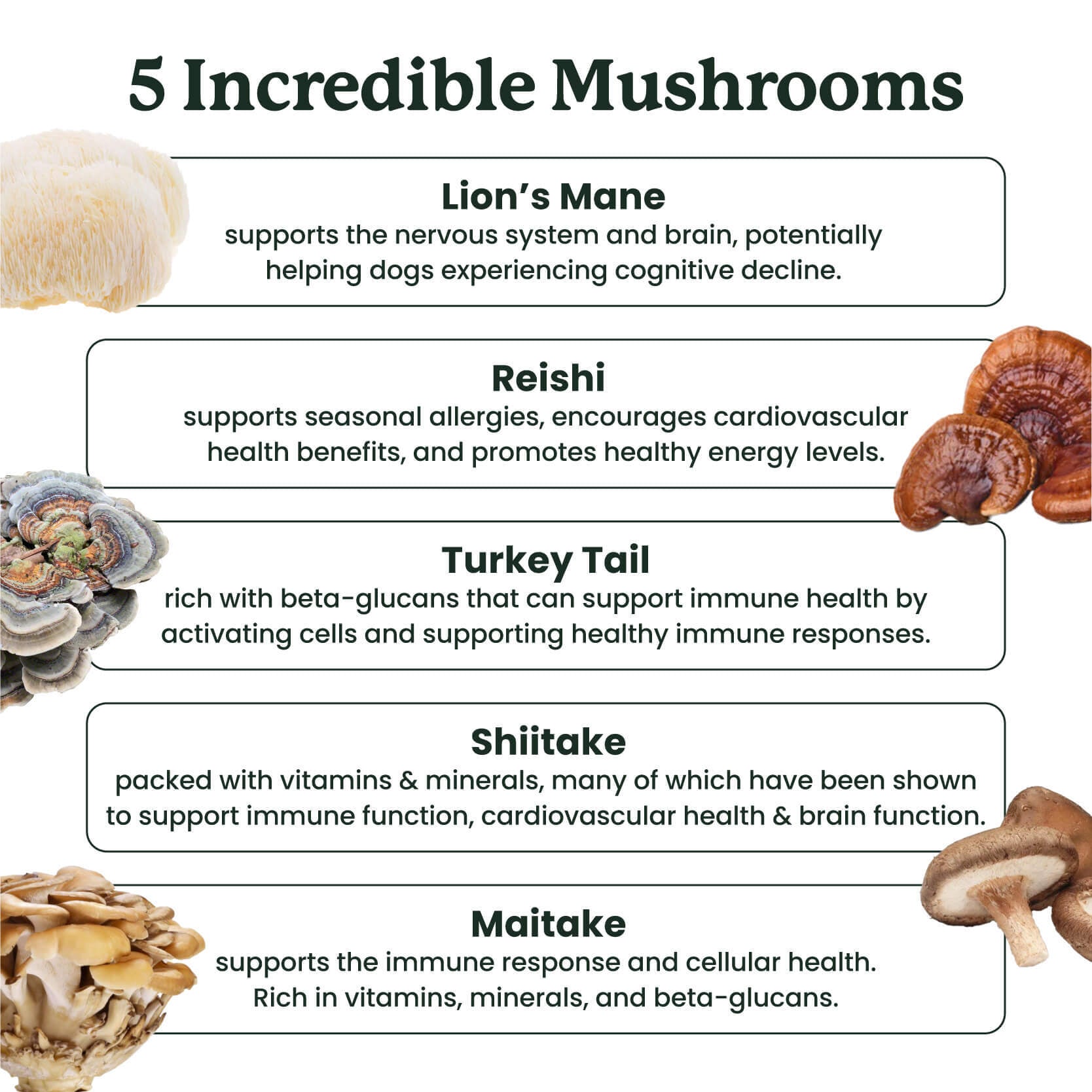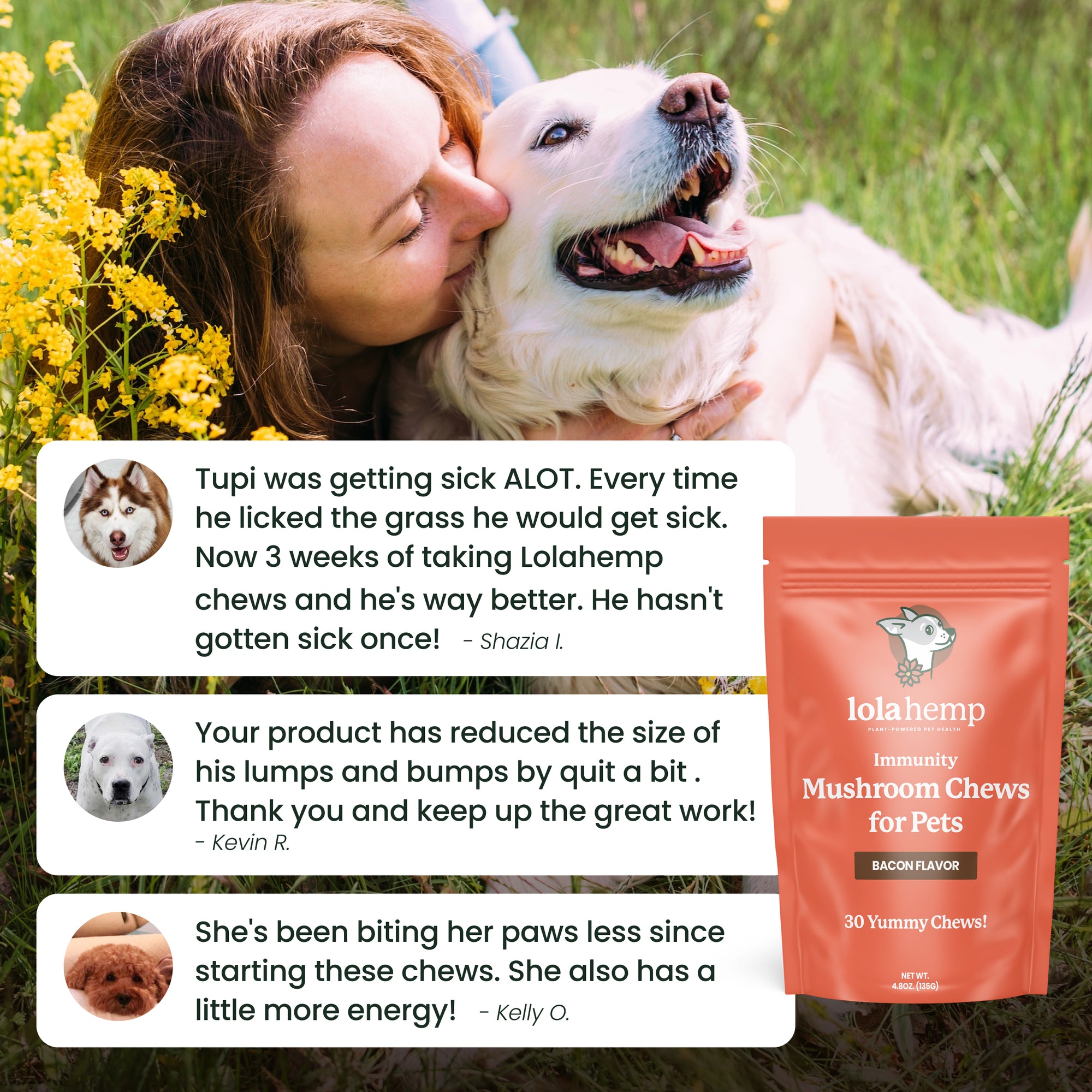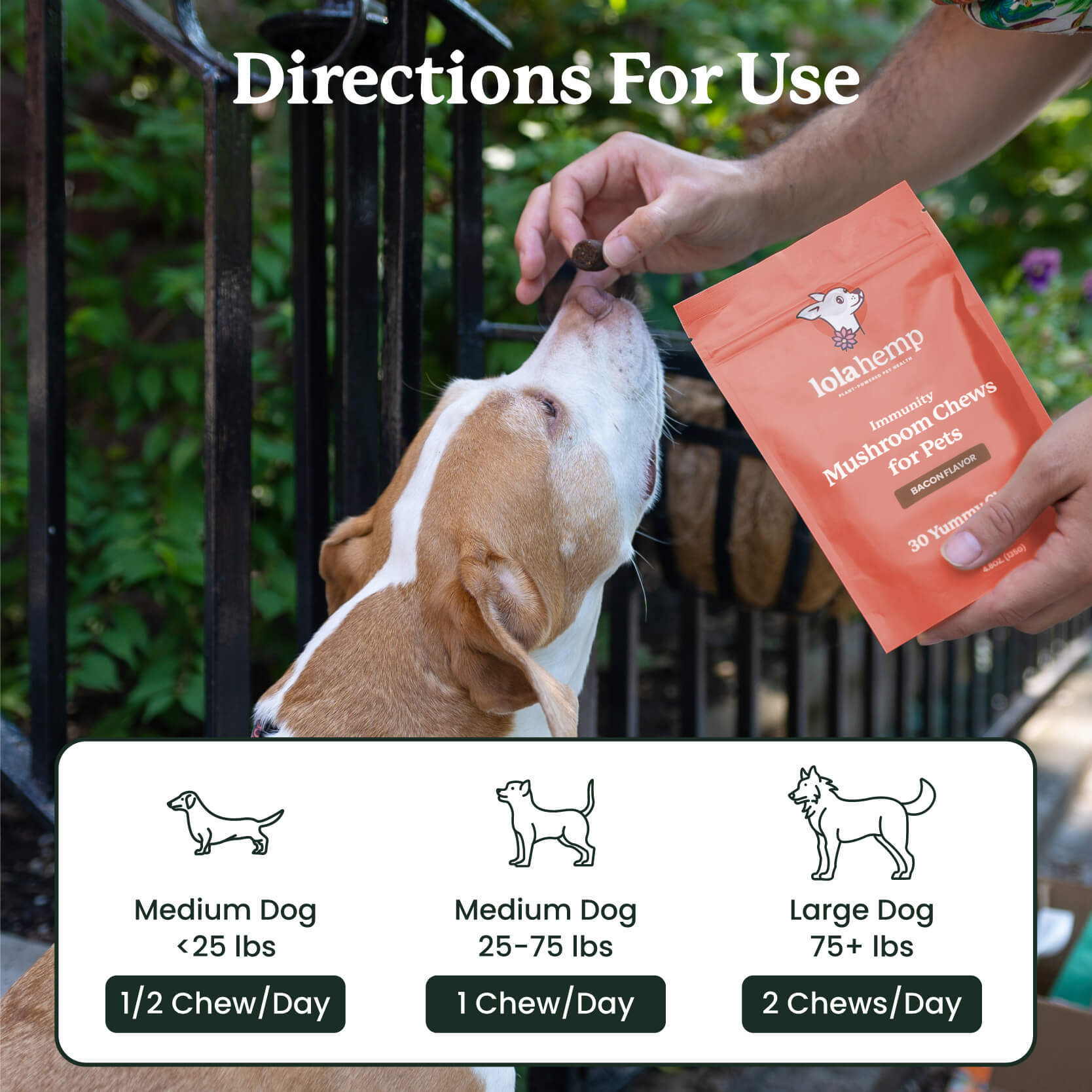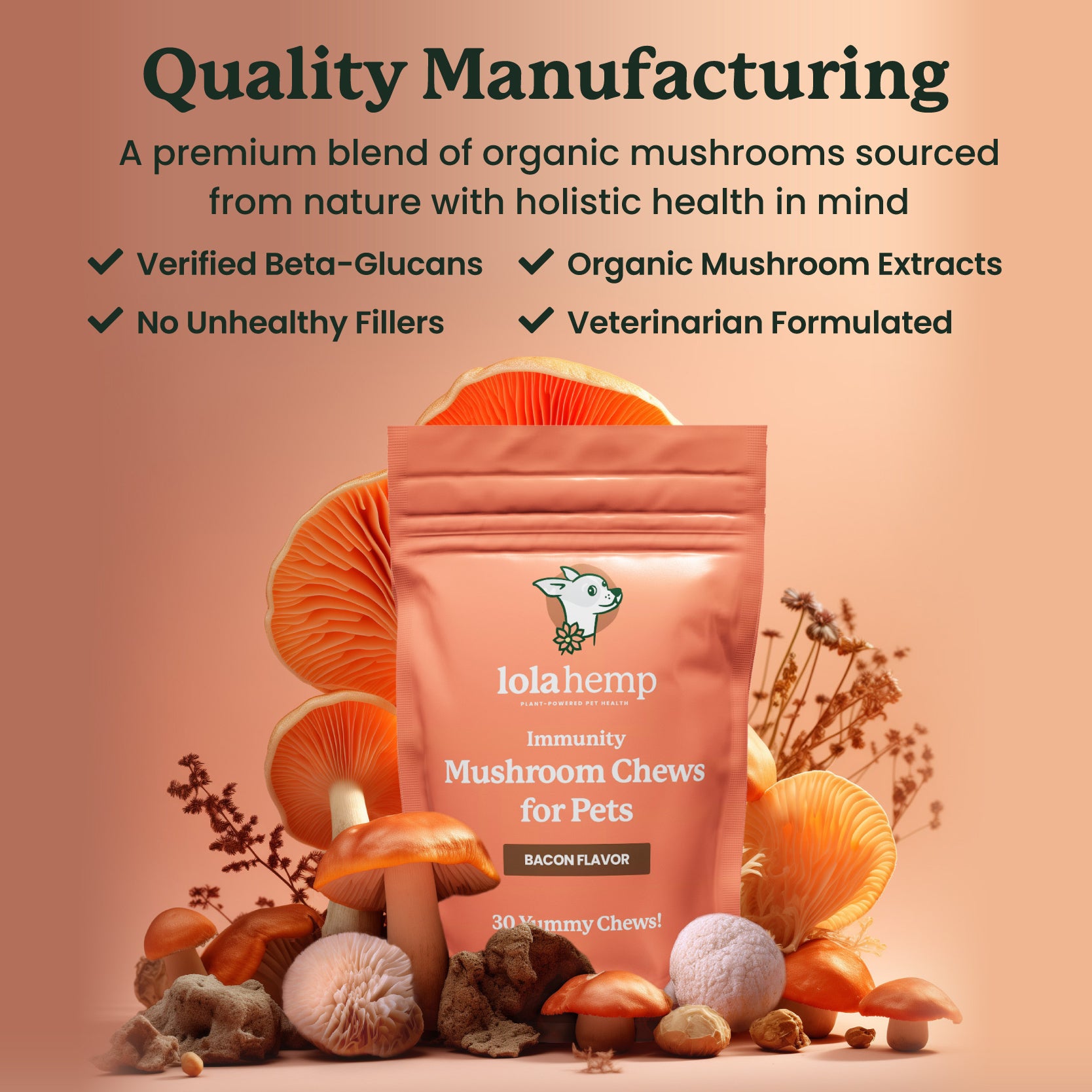The gut is quickly emerging as one of the foundational elements of health—for our dogs as well as ourselves.
All mammals have something called a “gut microbiome,” which is a collection of trillions of tiny bacteria that help to digest food and ward off a number of negative digestive health outcomes in dogs. The gut microbiome plays a massive role in the function of the immune system, GI function, brain health, energy, and a number of things.
So, how does this important microbiome function, and what can we do to help our dogs improve theirs? This article will explore the ins and outs of the dog gut biome, giving you some tips to use moving forward. Let’s get started!
What is The Canine Gut Microbiome?
The gut microbiome is a subsection of the body’s entire microbiome. A “microbiome” is simply the collection of microscopic life that lives in, and on, our bodies.
That means fungi, bacteria, and viruses that weave their way throughout the lives of our dogs, our friends, ourselves, and all forms of life on earth. These microbiomes are incredibly small, incredibly vast, and incredibly specific.
Each microbiome is unique. Each one is tailor made to suit the organism it lives inside of. The gut biome is essential to something known as the “gut-brain axis” which functions as a communication highway for cells, hormones, and neurotransmitters.
A deficiency of healthy bacteria in the gut can contribute to serious imbalances in the brain. This extends out to the individual’s behavior and emotions as well. Some of the neurotransmitters that are most important to our dogs (serotonin, GABA, dopamine, & more) are produced or heavily aided by gut bacteria.

What Happens When a Dog Has Poor Gut Health?
Poor gut health almost always stems from deficiencies in diet. Without a balanced diet ripe with prebiotics and probiotics, dogs might fall prey to GI upset, cognitive difficulties, weight gain, auto-immune issues, and more.
A dog’s immune system is heavily dependent upon the health of the gut, and it follows that immune issues such as inflammation could occur when there’s an imbalance in gut health. It would be wise to speak with your veterinarian about the best foods for your dog’s breed. Additionally, ask your vet if they have any good suggestions for pre and probiotics.
Poor gut health can lead to the following ailments:
- Leaky Gut Syndrome
- Inflammatory Bowel Disease
- Parasites
- Excessive Gas
- Anal Sac Issues
- Gastritis
- Enteritis
What are Prebiotics and Probiotics?
Prebiotics are foods that gut bacteria themselves can eat. These foods promote the healthy growth of bacteria in the intestines and stomach. Without prebiotics, the healthy bacteria living in your dog’s gut will diminish.
Probiotics are the bacteria themselves. These are healthy live bacteria and other organisms that live in your dog's body. These are the bacteria that need prebiotics to grow and thrive.
Take a look at our deep dive on prebiotics and probiotics for dogs to learn more.
Is There a Way to Test Your Dog’s Gut Microbiome?
Yes! Your veterinarian will give you rock-solid resources on how to get your pet’s microbiome checked.
There are also third-party tests that you can order. These typically involve a test kit that’s sent to your house. You collect a stool sample from your dog, send it back to the company, and they analyze the results.
There are, no doubt, a lot of good companies that do this work. There are also less-reputable ones, so it’s important to do your research before making the purchase. Good companies have a team of scientists that analyze the stool, break down the results in a way that’s easy for anyone to understand, and send those results back to you.
This is a great way to see if the gut microbiome is the reason your dog is displaying unusual behaviors or symptoms.

Do Antibiotics Harm Beneficial Bacteria?
The short answer is yes. The long answer is, not forever.
Antibiotics are necessary to get rid of harmful bacteria. In doing so, they also kill some beneficial bacteria. With a healthy diet and the presence of additional prebiotics and probiotics, your dog’s gut will recover speedily after taking antibiotics.
It’s more beneficial to get rid of the harmful bacteria than it is to preserve the healthy bacteria. Naturally, every case is different. If you’re considering putting your dog on antibiotics, you should always consult with your veterinarian.
Can Gut Microbiome Imbalances Cause Anxiety in Dogs?
According to veterinary-practice.com, “when supplemented with [a] probiotic for six weeks, dogs showed a reduction in anxiety behaviors which included barking, jumping, spinning, and pacing as well as exhibiting lower salivary cortisol levels and heart rates.”
This suggests that an imbalanced gut could cause a spike in anxiety behaviors, and the implementation of dietary changes could produce a significant change for the better.
Conclusion
The information above should tell you just how important it is to consider your dog’s gut health. The stomach and intestines are intimately connected to the health and well-being of the individual at large. This is true for our dogs and ourselves.
The use of pre and probiotics is a must, but those are only effective when your dog’s entire diet is balanced. If you suspect your dog’s gut health is suffering, it’s time to give your veterinarian a call
Dog Gut Health: Frequently Asked Questions
What are the most common signs of poor dog gut health?
Common signs include gas, diarrhea, constipation, low energy, poor coat condition, and increased inflammation.
How can I naturally improve my dog’s gut health?
Adding prebiotics, probiotics, and a balanced diet rich in whole foods can support a healthier microbiome.
Can dog gut health affect behavior?
Yes. Imbalances in the gut microbiome can influence mood, anxiety, and cognitive function due to the gut-brain axis.
Are prebiotics and probiotics safe for all dogs?
Most dogs tolerate them well, but it’s important to consult a veterinarian to choose the right type and dosage.
How long does it take to see improvements in dog gut health?
Some dogs improve in a few weeks, while deeper microbiome changes may take several months.

